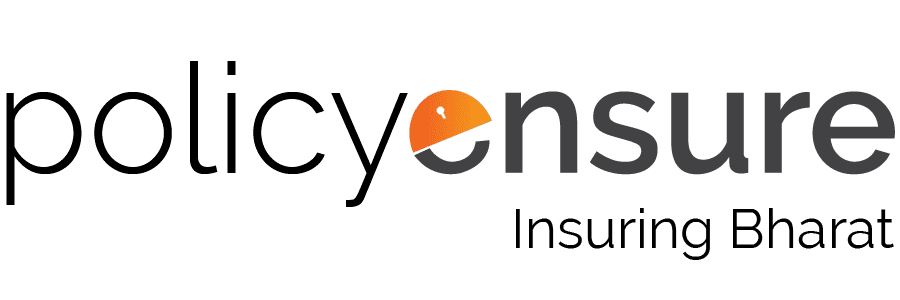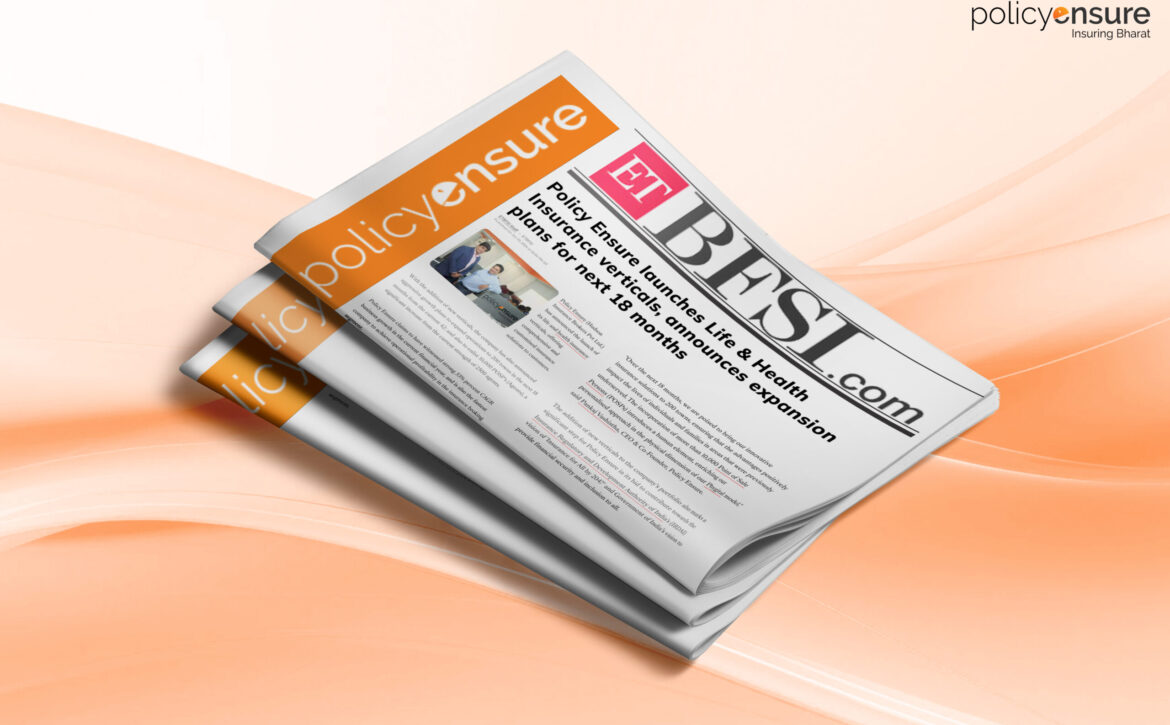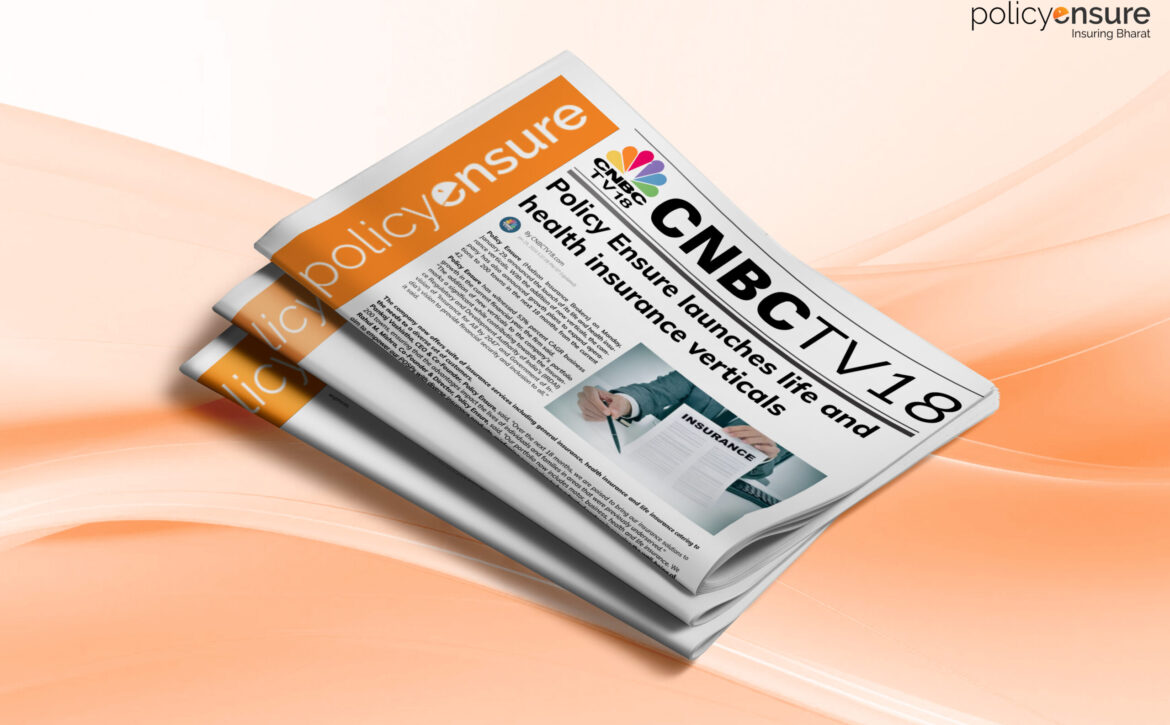5 Reasons Why Life Cover Insurance is Essential for Every Family
Uncertainties are inevitable in the journey of life and protecting the well-being of our loved ones should be a top priority. One important aspect of financial planning that often gets overlooked is life cover insurance. This life insurance plan, designed to provide a financial safety net for your family in the event of your untimely demise, is a cornerstone of comprehensive financial protection.
Let’s look at 5 reasons why a life insurance policy is essential for every family.
Financial Security for Dependents:
Life is unpredictable, and the loss of a breadwinner can have devastating financial consequences for a family. Life cover insurance ensures that in the unfortunate event of your passing, your dependents are not left grappling with financial burdens such as outstanding debts, mortgage payments, or day-to-day living expenses. The lump-sum payout from the insurance policy serves as a financial cushion, offering stability and security during a challenging time.
Education and Future Planning:
For families with children, securing their future is a big concern. Life cover insurance can play a significant role in funding education and other future endeavours. The payout can be strategically utilized to cover educational expenses, ensuring that your children have the financial support they need to pursue their dreams, even in your absence. This aspect of life cover insurance provides peace of mind, knowing that your children’s aspirations will not be compromised due to financial constraints.
Debt Repayment:
In the event of your demise, any outstanding debts you leave behind can become a significant burden for your family. From mortgages to personal loans, the responsibility of repayment may fall on your loved ones. The best life insurance in India acts as a protective shield, enabling your family to settle outstanding debts without dipping into their own financial resources. This ensures that they can maintain their standard of living and avoid the added stress of managing financial liabilities while mourning the loss of a family member.
Estate Planning and Inheritance:
Life cover insurance is an important component of estate planning. It facilitates the smooth transfer of assets to your heirs by providing liquidity to cover estate taxes and other associated costs. This ensures that your family members receive their rightful inheritance without unnecessary financial strain or delays. By including life cover insurance in your estate planning, you contribute to the seamless transition of assets and financial resources to the next generation, reinforcing your legacy.
Peace of Mind:
Peace of mind is perhaps the most intangible yet invaluable benefit of life cover insurance. Knowing that your family is protected financially in the event of your untimely demise allows you to live with greater confidence and less anxiety. It provides a sense of security, enabling you to focus on building a fulfilling life without the constant worry about the unforeseen challenges that may arise.

Conclusion
Life cover insurance is a crucial pillar of responsible financial planning for every family. By addressing the uncertainties of life head-on, you provide your loved ones with the assurance that their future is secure, regardless of what may come their way. Life is unpredictable, but with life cover insurance, you can ensure that your family’s financial well-being remains steadfast and resilient in the face of adversity.


















